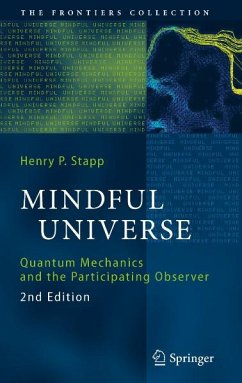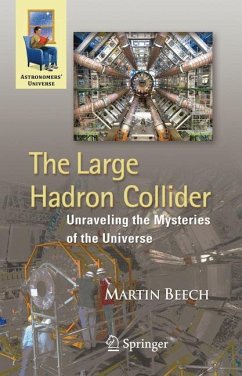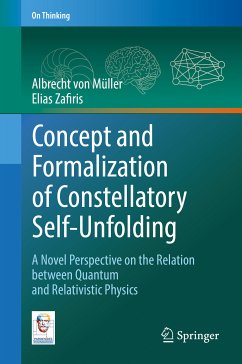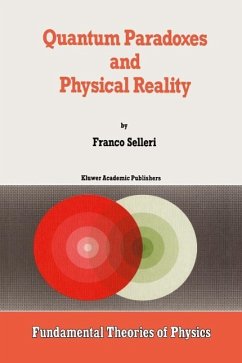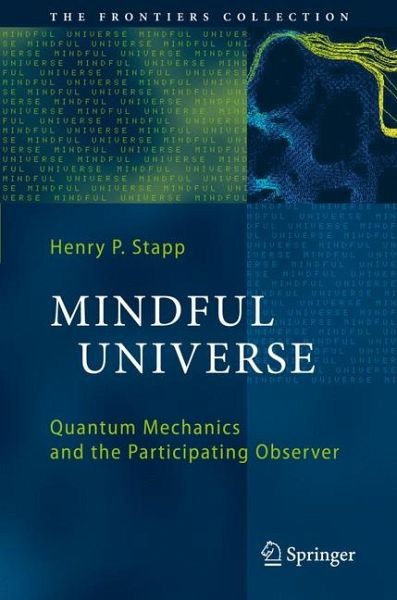
Mindful Universe (eBook, PDF)
Quantum Mechanics and the Participating Observer
Versandkostenfrei!
Sofort per Download lieferbar
22,95 €
inkl. MwSt.
Weitere Ausgaben:

PAYBACK Punkte
11 °P sammeln!
The classical mechanistic idea of nature that prevailed in science during the eighteenth and nineteenth centuries was an essentially mindless conception: the physically described aspects of nature were asserted to be completely determined by prior physically described aspects alone, with our conscious experiences entering only passively. During the twentieth century the classical concepts were found to be inadequate. In the new theory, quantum mechanics, our conscious experiences enter into the dynamics in specified ways not fixed by the physically described aspects alone. Consequences of this...
The classical mechanistic idea of nature that prevailed in science during the eighteenth and nineteenth centuries was an essentially mindless conception: the physically described aspects of nature were asserted to be completely determined by prior physically described aspects alone, with our conscious experiences entering only passively. During the twentieth century the classical concepts were found to be inadequate. In the new theory, quantum mechanics, our conscious experiences enter into the dynamics in specified ways not fixed by the physically described aspects alone. Consequences of this radical change in our understanding of the connection between mind and brain are described.
"Stapp's book is a bold and original attack on the problem of consciousness and free will based on the openings provided by the laws of quantum mechanics. This is a serious and interesting attack on a truly fundamental problem."
Tony Leggett [Physics Nobel Laureate, 2003]
"Stapp's wide-ranging proposal offers stimulating reading, a strong sense of conceptual coherence and intuitive appeal, and empirical predictions that deserve to be refined and tested."
Harald Atmanspacher
"A highly readable book of genuine wisdom by one of the foremost minds for our generation."
Allan Combs
"Stapp's book is a bold and original attack on the problem of consciousness and free will based on the openings provided by the laws of quantum mechanics. This is a serious and interesting attack on a truly fundamental problem."
Tony Leggett [Physics Nobel Laureate, 2003]
"Stapp's wide-ranging proposal offers stimulating reading, a strong sense of conceptual coherence and intuitive appeal, and empirical predictions that deserve to be refined and tested."
Harald Atmanspacher
"A highly readable book of genuine wisdom by one of the foremost minds for our generation."
Allan Combs
Dieser Download kann aus rechtlichen Gründen nur mit Rechnungsadresse in A, B, BG, CY, CZ, D, DK, EW, E, FIN, F, GR, HR, H, IRL, I, LT, L, LR, M, NL, PL, P, R, S, SLO, SK ausgeliefert werden.




